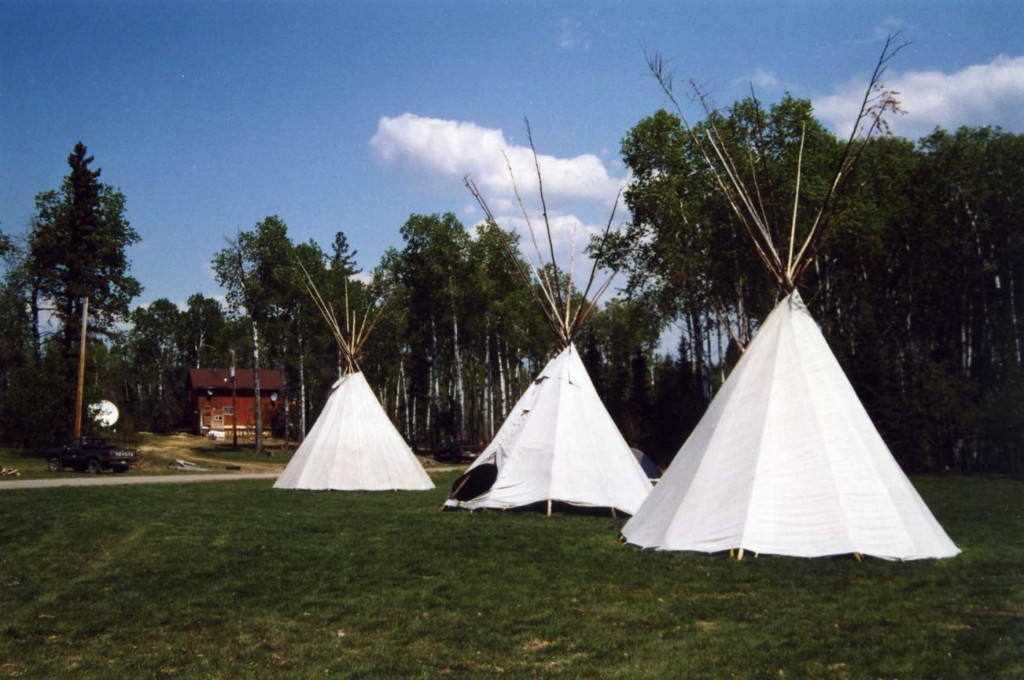The combination of formal workshops and presentations, held at Raven’s Creek, in Hollow Water FN, in a spectacular natural setting on East Side of Lake Winnipeg, worked well with the informal activities, like cooking together, making jelly and creating a working community where participants take part in the work of the camp.
We had an ambitious program and we accomplished as much of it as was possible under the circumstances, which in our experience always involves program adjustments to go with the flow. There are several reasons for that. We never know in advance who will be at camp at any given time to participate in sessions. Things unfold in a more organic manner when meals are cooked together on a fire and we don’t know in advance who is bringing what to contribute, weather is always a factor, sweat times are ultimately decided by the Elder hosting them, children have needs to be met and things tend to happen when they are meant to, especially when we blend these diverse communities in a camping situation. This is a lesson urban participants can benefit from. Our lives are sometimes over structured in the city. Some of the cultural exchange is not intellectual, it is also happening when we learn to let go of our control of every situation. In this we take a lesson from out Indigenous partners, who often tell us things will happen when they’re supposed to.
This is what makes every Camp Manitowabi a unique experience, unlike any program we could conduct in the city,
We learned about gardening and composting with Kathryn Mackenzie, Brian Arnold and others. Accomplished photographer, Lisa Waldner, shared tips about photography and photo journalism, Dave Nickarz told us about his experience with activism, some of it on the high seas with the Sea Shepards (of Whale Wars fame) and more. We had sweats, went swimming, cooked everything from moose stew to fabulous vegan breakfasts on an open fire.
Some of the best things we saw come out of camp conversations were, work to create increased independence through community gardens; and people with skills to back it up, a willingness by community members to engage others for support and skill sharing to capitalize on our different strengths, the possibility for ongoing programs and activities, a wealth of combined talent and knowledge about everything from growing and storing food, to outdoor survival skills, knowledge of government processes and their pitfalls, academic research and organizing, photography as tool for conveying a message, film making, fundraising and more.
The Boreal Forest Network sends out a big thank-you to everyone involved.






Leave a comment